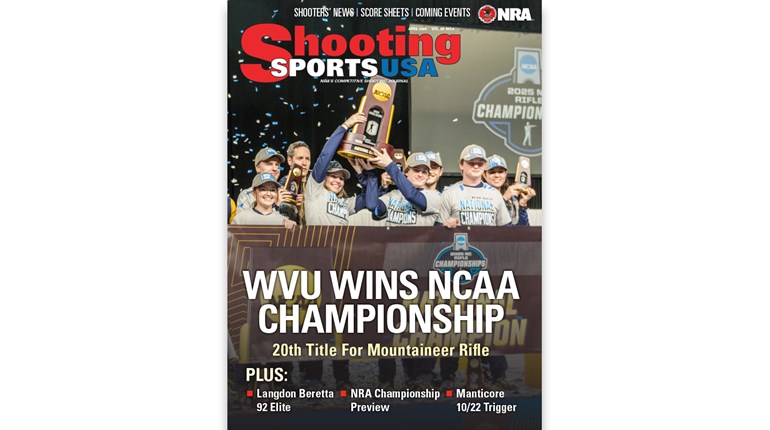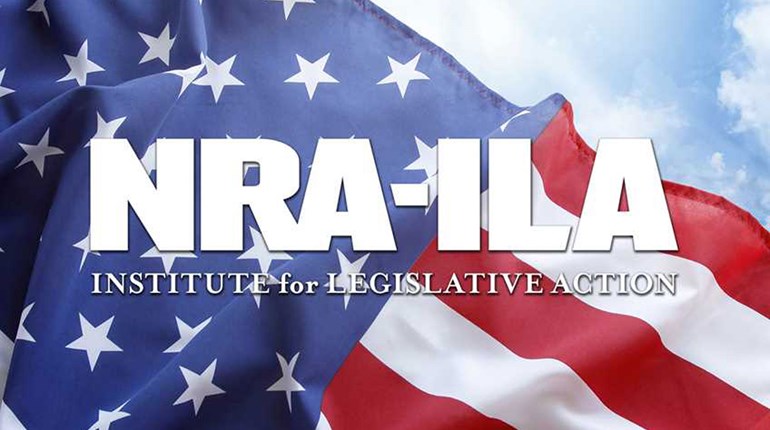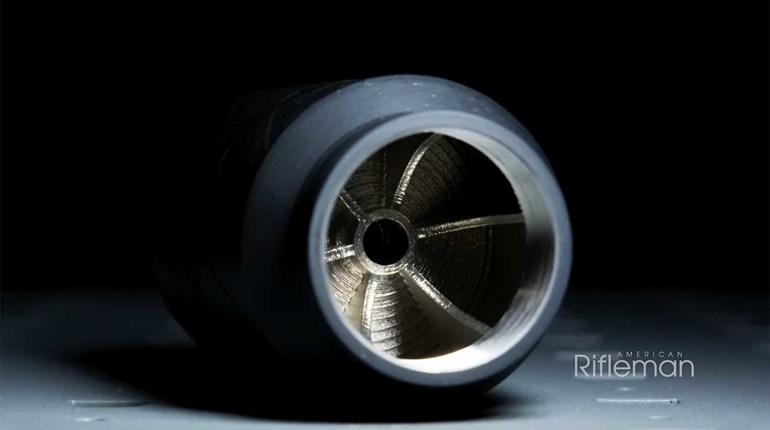
NRA photo.
When cadets enter a law-enforcement academy, one aspect of the training they’re going to receive regards using guns—firearm safety, marksmanship and how to properly handle a sidearm or long gun when facing criminal threats. But did you ever wonder who teaches the teachers? Chances are, it was the NRA.
Tucked away in one part of NRA Headquarters in Fairfax, Va., is its Law Enforcement Division, where staff members are committed to helping various agencies set up rock-solid foundations for their officers.
“We have approximately 13,000 active, certified law enforcement firearm instructors who are members of city, county, state or federal law enforcement agencies, as well as members of the U.S. military,” said Glen Hoyer, director of the division. “Those instructors then use the techniques and principles NRA Law Enforcement teaches them in our schools to build a program for their agency.”
But the firearm training that law-enforcement cadets receive is just the starting point. Our forces in blue also need to hone their skills while they are on the job, because citizens and colleagues want to rest easy knowing a law-enforcement officer has the confidence and skills to handle any situation that arises.
The NRA helps with that, too. While the Law Enforcement Division, established in 1960, was set up primarily with the intent of certifying law enforcement firearm instructors, it also offers shooting competitions frequently at various sites across the country. “We offer competitions because we believe competition is a direct extension of training,” Hoyer said.
The competitions include timed run-throughs that are set up so that officers have to make their way through unfamiliar buildings and resolve hostage-type situations. Each course comes with a set of instructions, and participants earn points for good hits and speed. They can be either Police Pistol Combat events or Tactical Police Competitions.
Officers who want to compete with the best of the best can sign up for the annual National Police Shooting Championships. Tuition-free training courses are offered regularly at NRA Headquarters, too.
Instructor training and competitions are the biggest parts of what the Law Enforcement Division does, but it also serves as a general resource, providing assistance with information on the Law Enforcement Officers Safety Act for active and retired officers, lesson plan and course-of-fire review and the division recognizes outstanding service by picking a law-enforcement officer of the year.


































